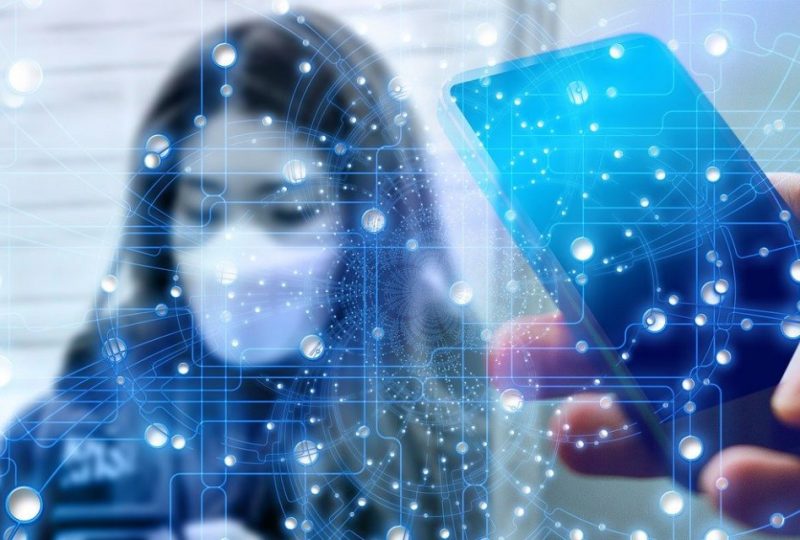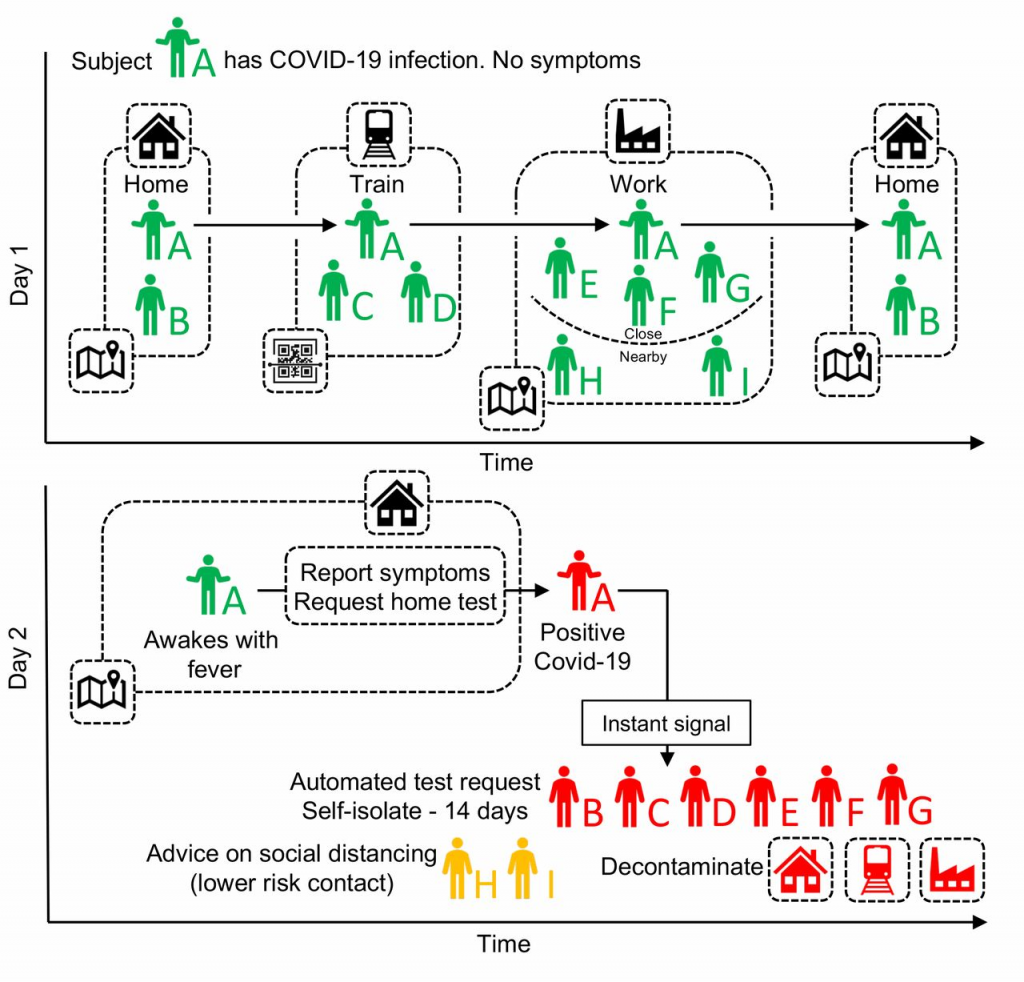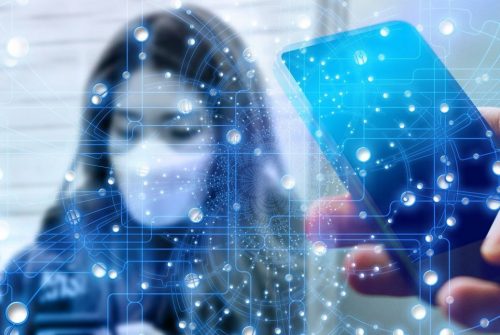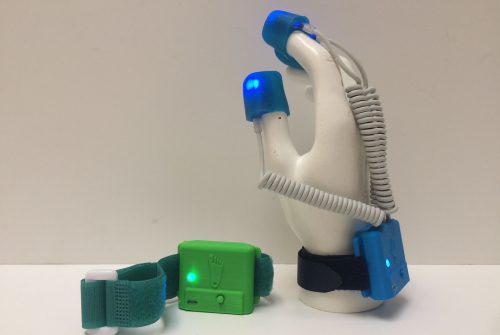Artificial intelligence and Covid-19: between hype and reality
23 June 2020 | Written by Adriano Fontanari
What role for AI in tackling the Covid-19 emergency?

Every day there is news about the potential of artificial intelligence in the medical field and how it often surpasses the doctor in making a diagnosis from an examination. Now more than ever, technology plays a fundamental role in fighting the pandemic, between contact tracing apps and the screening of molecules for the identification of a vaccine, the range of action of AI during this albeit important remains limited.
Artificial intelligence for the tracing and containment of conditions. If a lockdown is the most effective strategy to contain an epidemic, for a variety of economic, social, and physical and mental health problems, it cannot be maintained for long periods.
Here, therefore, it is necessary to test those who may have come into contact with the virus, trace the people that the infected person has met, isolate, and treat those who have the virus. Contract tracing apps are useful in the second phase of this strategy and are intended to keep the epidemic under control.

Despite any privacy issues raised in some states and technological limits (they do not work on all mobile phones), digital contact tracing apps are considered a valid tool to contain Coronavirus. Depending on the data collected by a contract tracing app (different from state to state), artificial intelligence allows establishing possible contacts between an infected person with other people who have potentially come into contact with her, through models that reflect the conditions of the real world (e.g. distance between two people, place of contagion).
Artificial intelligence to support the search for a vaccine. If lockdown, social distancing, test, trace, and treat are fundamental strategies to contain the spread of the virus, the vaccine is the only way to definitively defeat the Coronavirus. One of the main areas of interest in artificial intelligence concerns the discovery of new drugs. AI allows the researchers to identify the most promising candidates out of millions of molecules. Thanks to artificial intelligence, it has been possible to identify drugs that can hit the proteins target of the virus, all of this in a few days.
The use of AI allows to go from the molecule identification to the Proof of Concept in significantly less time than the traditional drug discovery process (from years to months).
If clinical trials cannot be accelerated through AI, it allows us to improve engagement with the people involved. As an example, PatchAI, developed a chatbot useful for this purpose.
Conclusions. The pandemic has highlighted the limits of AI, which is playing an important but not central role in the fight against Coronavirus, demonstrating once again that technology is only a means. Compared to many hypes on AI, no particular innovative solutions have emerged to limit the spread of the virus.





